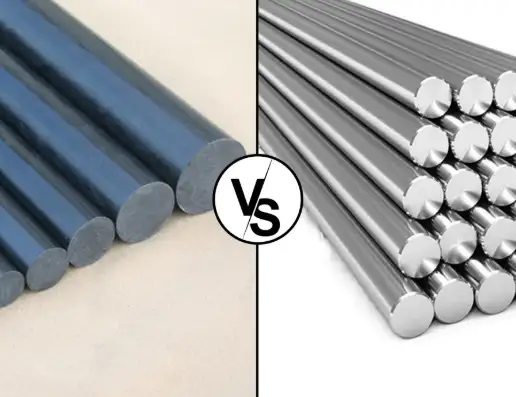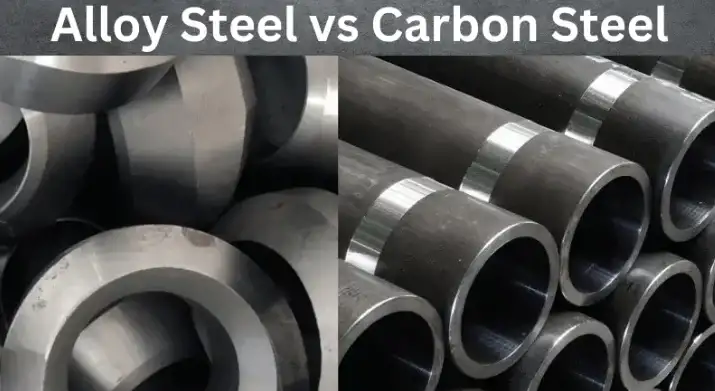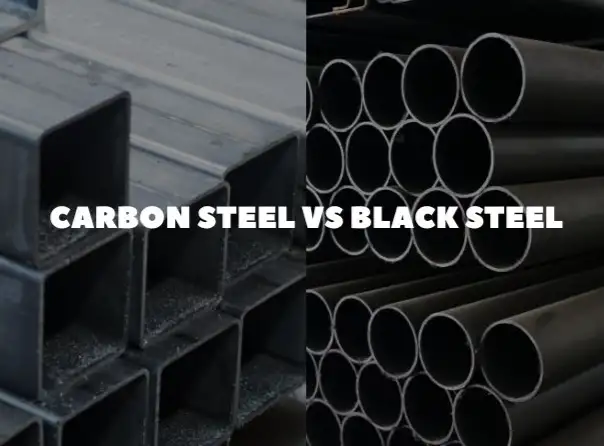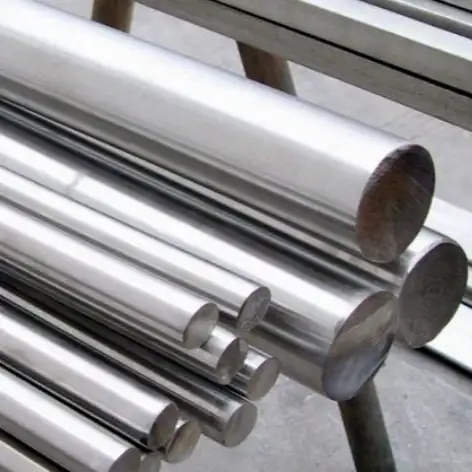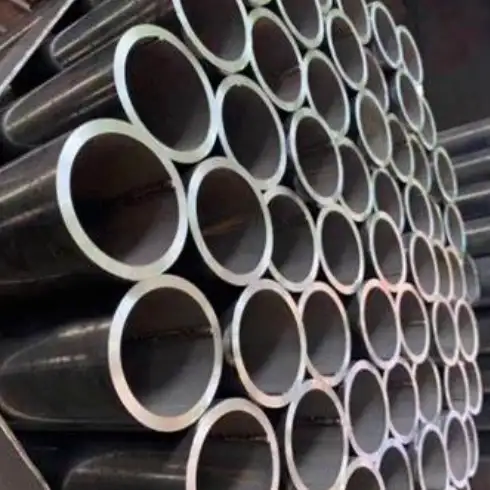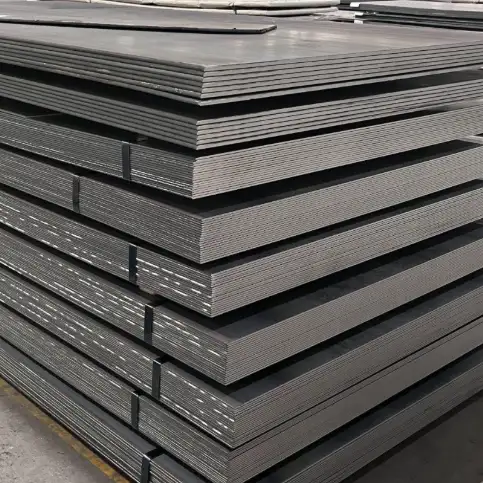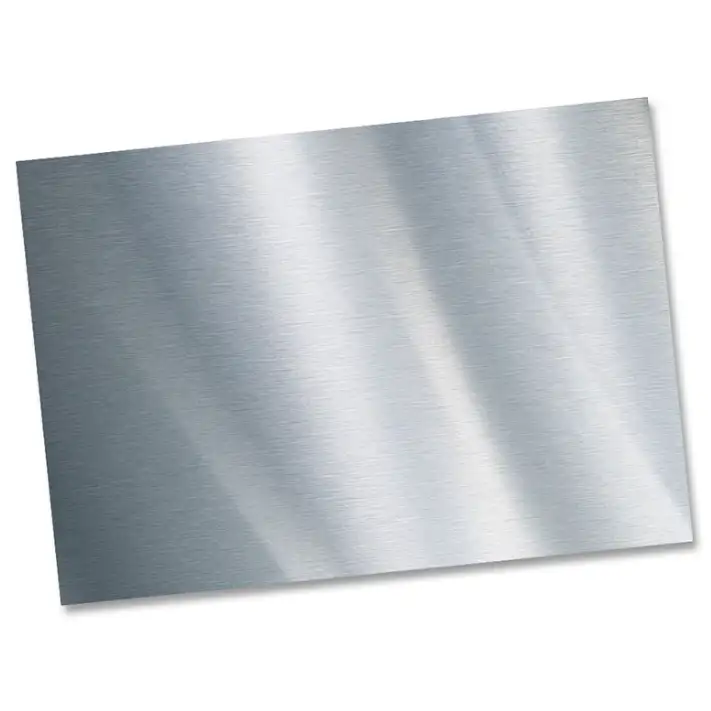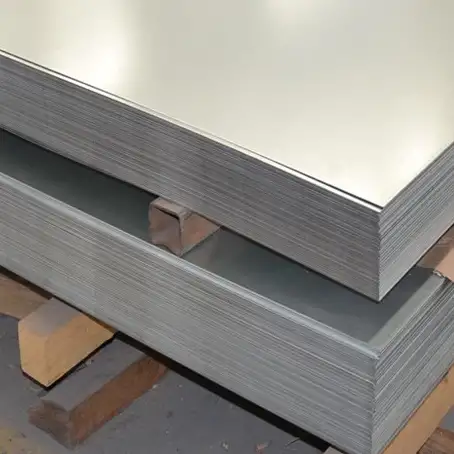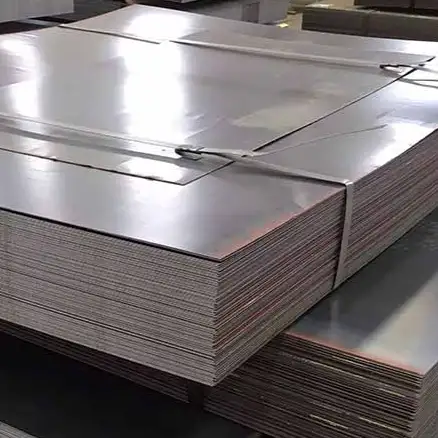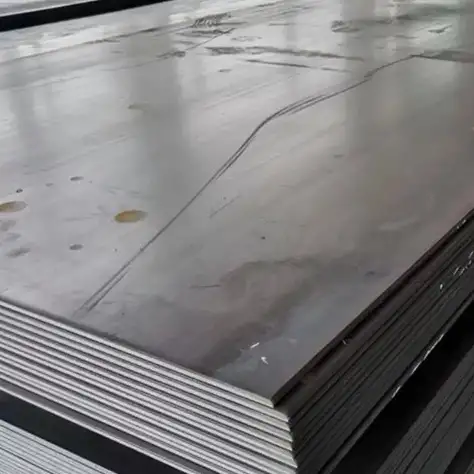Carbon Fiber vs Steel: Which is Stronger and More Durable?
Is Carbon Fiber Stronger Than Steel? Carbon fiber and steel are both widely recognized for their strength, but their properties differ in key ways. While steel has long been revered for its strength and durability, carbon fiber has risen to prominence due to its impressive strength-to-weight ratio. So, is carbon fiber stronger than steel? The […]
Carbon Fiber vs Steel: Which is Stronger and More Durable? Read More »

